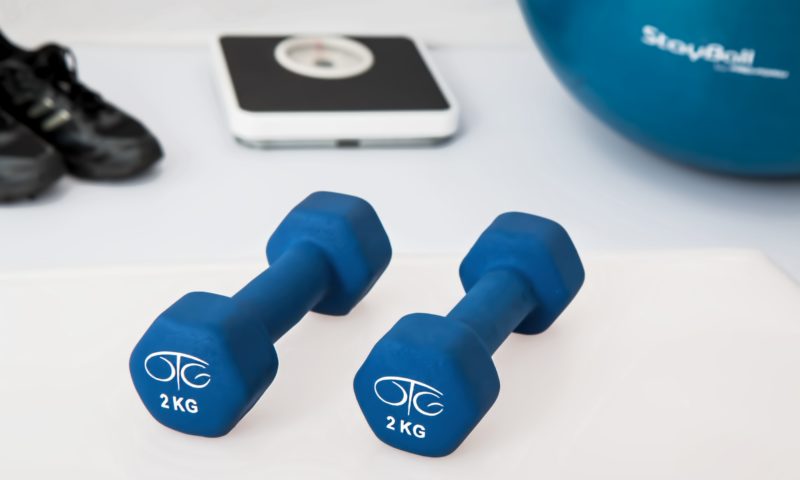Using a scale is the most popular way to measure weight-loss and weight maintenance. Stepping on the scale frequently can give us an idea of whether or not we are moving in the direction of our weight management goals. But is it always reliable?
The Bathroom Scale: A Bittersweet Tool for Measuring Health
It is always a good idea to have a general idea of what you weigh. Your weight matters for your health, and this number can help you determine your health status so you are optimizing your quality of life. Still, weight is just a number.
We say this frequently when it comes to Body Mass Index (BMI) and measuring health. The number on a scale is not always truly reflective of the hard work you are putting into weight management. For example: when you gain muscle through exercise, your weight may increase and lead you to believe you are gaining “bad” weight, or fat. It does not account for body composition. This is also true for any water retention your body may have. If you are dehydrated or you have been drinking a lot of fluid, your weight may vary throughout the day because it is holding on to water and has yet to expel it. Remember, weight is just a number.
How Often Should You Check the Bathroom Scale?
If the bathroom scale is a bittersweet tool, how often should you check it to stay on-track with your weight management goals? Most healthcare providers will recommend that you check the scale once or twice a week, or even biweekly.
Why is this? Your weight is likely to fluctuate multiple times each day and throughout the week based on food consumption, water consumption and retention, sweat lost through exercise, muscle mass, etc. If you check the scale daily or even multiple times per week, you are likely to see it move back and forth between the same one to three pounds. If you have additional concerns about monitoring your weight management progress with a scale, your healthcare provider may offer more individualized advice.
You can also measure your progress in other ways. Rather than relying solely on a scale, try measuring your waist circumference and other parts of your body to get an idea of how you are doing. You can also examine the way your clothes fit, look at before/after pictures and see how your general health as improved. Do you have more energy? Do you need less medication?
Conclusion
Just as with BMI, we shouldn’t discount the scale as a tool altogether. Rather, we should use the scale as a guide to give us a general idea of the progress we are making. Remember, all the scale shows is a number. It does not define who you are, determine your value or always reflect the hard work you have put in. Keep that in mind the next time you step on!






